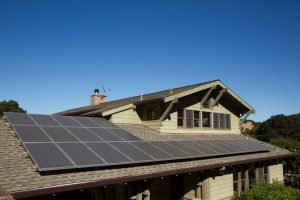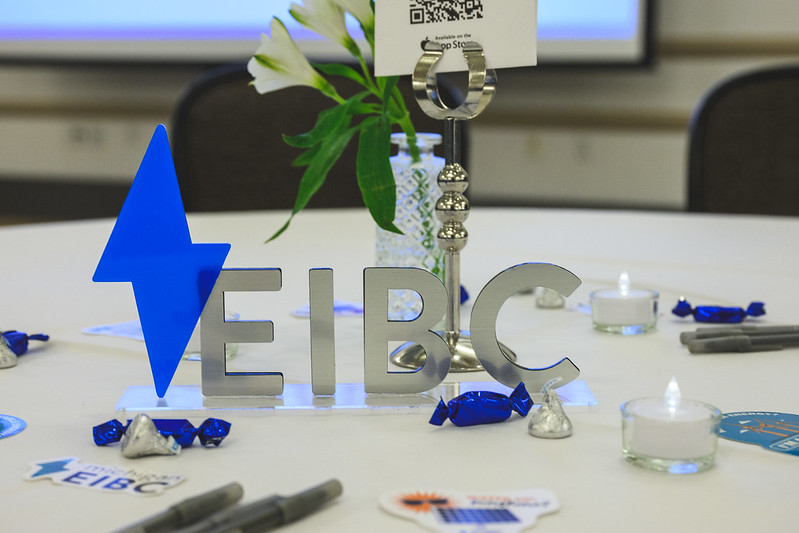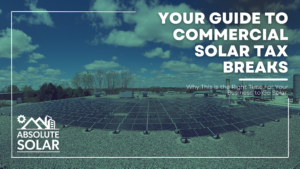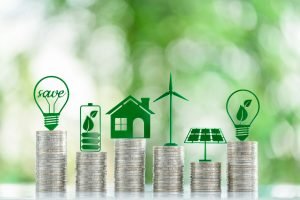The average American home used almost 11,000 kilowatt hours of electricity in 2018. That’s a little over 900 kwH every month. Depending on where you live, you might be racking up quite the energy bill.
Many people are looking for ways to cut costs and save money. Lowering your electricity bill is one good measure to take. There are plenty of tips and tricks out there, from turning lights off when you leave a room to sealing around windows.
There are larger-scale changes you can make, such as switching to solar power. How much are solar panel savings though? A solar panel system is a big investment, so will it really save you money?
The numbers might surprise you.
The Cost of Solar Panels
To calculate the value of switching to solar, you first have to know how much it costs.
The cost to install solar panels has come down a lot in recent years, making solar power more affordable. The cost of solar panels depends somewhat on where you live, as well as how much power you need to generate.
The price of a solar system varies across the nation. On average, you can expect to pay around $3 per watt. For a 6 kilowatt system, you’d pay around $13,000, after tax credits. In fact, if you get a solar system installed in 2020 you’d get a 26% tax credit which would effectively take the price of the system down to $9,620.
The price does change depending on where you live. Some states offer more incentives than others, which can help offset the costs.
Calculating Solar Panel Savings
Now you know how much a solar panel system will likely cost you. So how much can you expect to save?
You can estimate how much you’ll save by taking your monthly use and multiplying it by the rate you pay. You can find this information on your most recent electricity bill.
As mentioned, the average American home used over 900 kWh of electricity per month in 2018. That adds up to nearly 11,000 kWh for the year.
The national average electricity cost is around $0.13 per kWh. Given that, the average American pays over $1,400 for electricity every year.
So, how much can you save with solar panels? A solar system will put more than $1,400 back in your pocket every year.
If you pay more for your electricity, you’ll save even more. Rates are higher in places like California and Hawaii. Residents of these states stand to benefit even more.
A Lifetime of Savings
Savings of $1,400 may not convince you to spend $13,000 or more installing solar panels. Keep in mind that’s just your annual savings. You’ll save that much or more every year.
If you buy the system outright, solar panels can cut your electricity bill for the duration of their lifespan. So, how long do solar panels last?
The current lifespan for solar energy systems is 25 years. At the average annual rate, you’re looking at saving about $35,000 over the lifetime of your solar panels.
The system pays for itself almost three times over. If you’re smart, you can invest your savings and grow them even more. That way, you’ll have enough to cover the cost of replacing your panels at the end of their life, and then some.
What could you do with the extra $23,000 your solar panels will save you? Most people can think of quite a few things they’d rather put that money toward.
Factoring in Inflation
Those lifetime estimates are based on how much you’d save if energy rates stayed flat. Unfortunately, many people think energy rates are going to continue to rise (average 5% per year). This seems like the probable scenario as the cost of natural gas increases.
If you’re paying $1,430 now, you might be paying closer to $1,500 a year from now. In 25 years, your energy bill might be closer to $3,000 a year.
That’s if you don’t add any new appliances either. If you switch to an electric car, you’ll need more energy to power it.
Thinking of a hot tub? That will cost you too.
Since solar panels have such a long lifespan, your energy savings are compounded, even as your energy needs change.
The Intangible Savings
The hard facts are that solar panels will save you money. They also offer more hidden value.
An example is that solar panel installation increases home value. If you plan to sell your home any time soon, you’ll get more for it if you’ve installed solar panels.
On average, solar panels will raise the value of a home by about four percent. The boost you’ll see does depend on where you live. Homes in New York get a bigger bump than houses in San Francisco.
This boost, combined with tax credits, can come close to offsetting installation costs.
Already, there’s no square foot of the country where solar panels will hurt your home value. They only increase it. The demand for homes with solar panels is also likely to continue climbing.
Saving More than Money
Then there’s the environmental costs to consider. You can make your carbon footprint smaller by installing solar panels and reducing fossil fuel use.
There’s no way to put a price on a clean and healthy environment. Going green contributes to better air quality, which can help human health. In some ways, you can think of solar panels as an investment in your family’s future health and wellness.
The Future of Solar is Bright
Investing in a solar panel system now makes sense. By doing so, you’ll be able to maximize your solar panel savings.
As the costs of solar energy systems fall and more states offer tax credits, solar makes sense. It’s protection against rising energy costs as well.
If you’re thinking about installing solar panels, get in touch with the experts. They can help you calculate the size of the system you’ll need and the solar panel cost. From there, you can calculate exactly how much you stand to save by going green.









